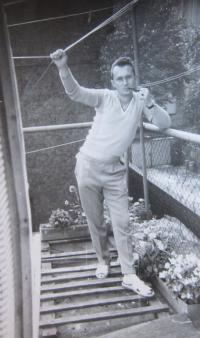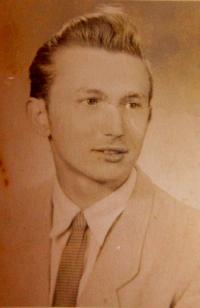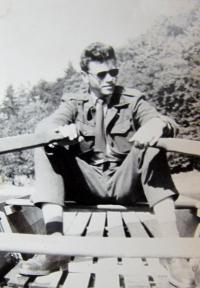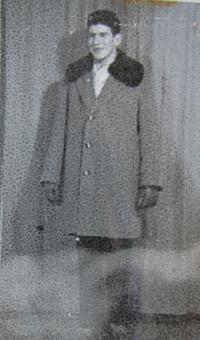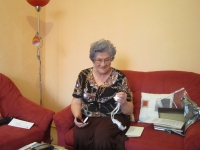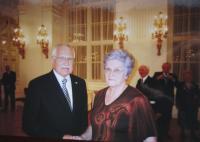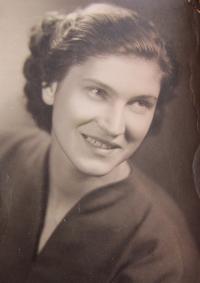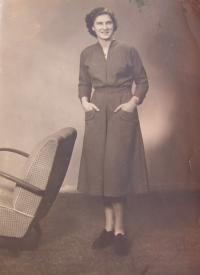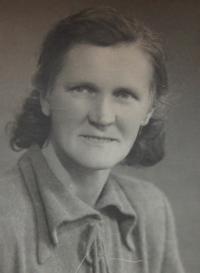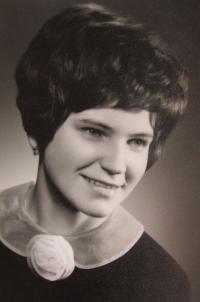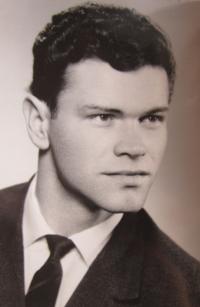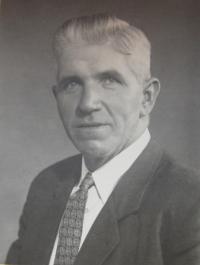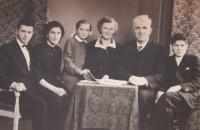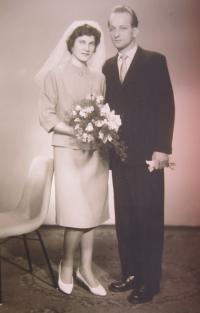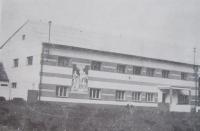Nearly all of our family ended up in prison

Stáhnout obrázek
Ludmila Hermanová, née Olšaníková, was born August 3, 1936 in Štěpánov near Olomouc. In the late 1930s her parents rented a farm in nearby Moravská Hůzová. They however had to move out of the farm within forty-eight hours during the war and leave all their livestock and agricultural machinery behind, because the farm was located in the Moravian Sudetenland. The farm was taken over by a German family from Romania. The five-member family then lived in a small room with her grandmother in Štěpánov almost until the end of the war. In 1945 they were assigned a farm in Mladějovice, which began to prosper very well after some time. Ludmila‘s father was even elected chairman of the local village administration (MNV). However, the situation changed dramatically when the communists seized power. Ludmila‘s father was immediately dismissed from his position as the chairman and during the collectivization process which followed, he was being pressured by various means to join the unified agricultural cooperative (JZD). Ludmila‘s father was steadfastly refusing, and when in 1956 the family was contacted by Lumír Pavlík, who was an agent of the American CIC intelligence service, they decided to offer him not only shelter, but also to assist him with gathering information. When this activity became disclosed, the State Police arrested Ludmila‘s father, brother, mother and Ludmila herself, and together with several other relatives they were sentenced to several years of imprisonment. Only fifteen-year-old Stanislav, who suffered from polio, and his little sister Milada remained at home. Milada was taken to the house of her uncle and aunt who began taking care of her, and handicapped Stanislav, who also sustained an injury at that time, had to start working in the agricultural cooperative. In May 1960 the president declared amnesty and all the imprisoned members of the family were released on parole on the same day. After two years in the penitentiary labour camp, Ludmila was made to accept employment in the kitchen of the state farm in Mladějovice, and only a year and a half later she was allowed to transfer to a different job. She now lives in Ostrava.
